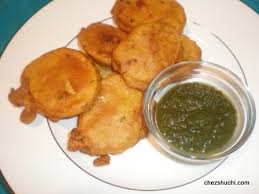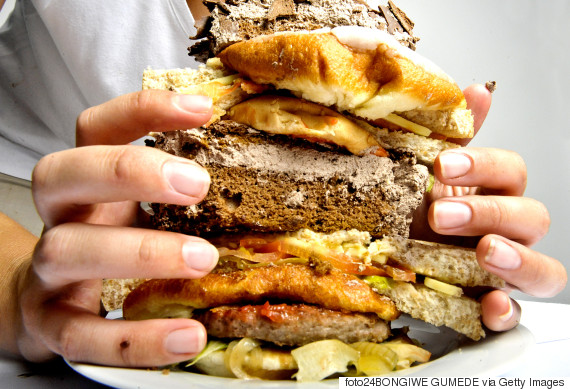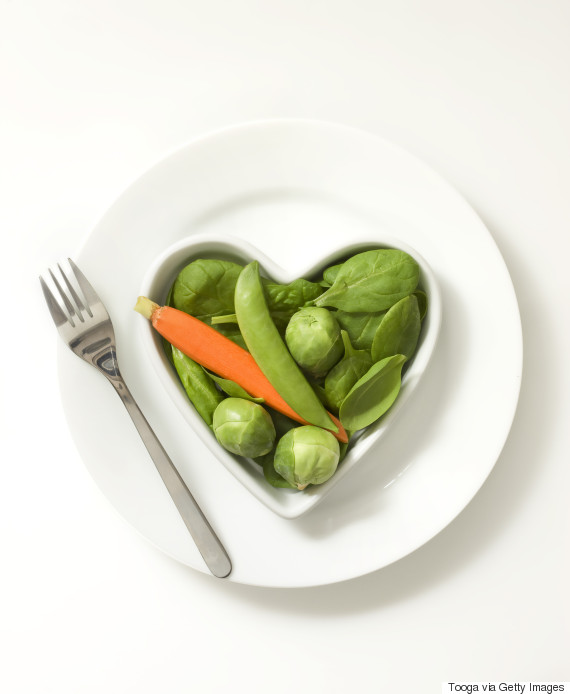Even more striking is that the microbial genes of this “human microbiome” (as renamed by the National Institutes of Health in 2007) outnumber human genes by a factor of 100 to 1! Since all life is carried out by genetic information, this amazing statistic begs the question—are we more bacterial than we are human? Is this a symbiotic relationship?

Previously unsuspected functions of the human microbiome are being discovered. For instance, “neurological/brainbased” disorders such as depression or autism may very well have their true root origins in the gut! Science now knows that there are more nerve cells in the GI tract than in the human brain, making the gut a kind of “second brain.” These second brain neurons are closely linked to the first brain.
All nerve cells “talk” to one another through chemical messages called neurotransmitters, such as serotonin and dopamine. The big discovery here is that the microorganisms in our gut also make these neurotransmitters! During times of stress, our gut bacteria may be talking to our “first brains” through the neurons located in lining of our GI tract. Anxiety may indeed be a “gut feeling” coming from our human microbiome.
These gut bacteria play a vital role in
Immunity and Auto-Immune Diseases such as Rheumatoid Arthritis, Celiac Disease, Type 1 Diabetes and many many others
Vitamin Synthesis and Hormone Regulation
General health and Weight management, including Obesity
Dysbiosis can cause
Allergies including Skin Ailments
Inflammatory Bowel Diseases
Type II Diabetes
Stomach, Liver, Gall Bladder, Colorectal cancers
and many many other conditions.
All disease begins in the Gut – Hippocrates
The type, number and health of these invaluable bacteria is affected positively or adversely by
Diet and Nutritional Status. A diet rich in whole, unprocessed foods along with cultured or fermented foods is recommended, with supplementation as required. Diets high in refined carbohydrates, sugar and processed foods, low in fermentable fibers or containing toxins like wheat and industrial seed oils that cause leaky gut need to be avoided.
‘Pro’biotics – such as those in natural yoghurt and fermented foods can help counteract inflammation and control the growth of disease-causing bacteria, eliminate toxins, reduce risk of allergies, benefit mood and mental health and normalize weight. In fact, probiotics may be the new antidepressants.
Xenobiotics – chemicals which affect our hormones – can wreak havoc.
Environmental Toxins, including those in our Home Care and Personal Care products are equally responsible for illnesses.
‘Anti’biotics – are lethal to these good bacteria. Other pharmaceutical drugs also affect these bacteria to varying degrees. Other medications like birth control and NSAIDs are equally harmful.
Chronic Stress
Chronic Infections
Caesarean Birth – Inoculation of Maternal microbiota from the vaginal fluids does not occur. In fact, it it microbes from the skin of hospital staff which colonises the newborn, and exposes her to infections, allergies and serious health challenges.
Contact an Integrative Medicine practitioner near you to learn how you can make your gut bacteria healthy again.
Who knew it could be so simple to Stay healthy!















